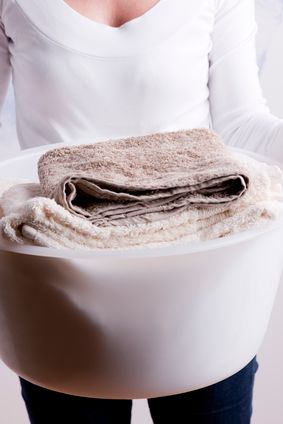Effective Communication with your Home Health Care Provider
Ensure that your loved one receives the best care possible by developing a strong line of communication with their home health care provider. Learn how to establish clear expectations, create a care notebook, and monitor the work of the caregiver to ensure that your loved one's needs are met.

Developing a strong and open line of communication with your home health care provider is crucial for ensuring the well-being of your loved one. It is essential to initiate direct and transparent conversations right from the beginning to discuss your expectations regarding the care provided.
These expectations encompass various aspects, including but not limited to:
- Scheduling and Timeliness: Clarify your expectations regarding the timing and scheduling of care.
- Patient Needs: Share your insights into your parent's specific needs and preferences.
When discussing house rules, it's advisable to present them as friendly reminders rather than strict orders to foster a cooperative atmosphere. Avoid appearing authoritarian. Address topics such as:
- House Rules: Discuss policies on smoking, noise levels, TV usage, alcohol consumption, meal preferences, car usage, computer access, and appliance use like the washer and dryer.
Additionally, it's important to seek input from the healthcare worker. Ask them about their requirements and preferences, such as break times and communication style when addressing issues.
Managing Multiple Home Health Care Providers
If you have multiple caregivers, consider maintaining a caregiver notebook. Each aide or provider should record daily events and pass along essential information to the next shift. This notebook should also include a section for timecards for all healthcare workers.
In the front section of this notebook, provide readily accessible emergency contact numbers, including fire, police, ambulance, and poison control, presented in large, easy-to-read print. Include the following contact information as well:
- Family Members: Names, work numbers, home numbers, and cell numbers.
- Medical Contacts: Doctor's and specialist's phone numbers, pharmacy number, and hospital number.
- Community Contacts: Helpful neighbors, church members, pastor, and their telephone numbers.
- Service Contacts: List of repair companies.
- Home Information: Keep the house address and telephone number near the phone for easy access in case of an emergency.
This care notebook should also serve as a repository for all documents related to outside care, including memos, time sheets, duty lists, and other relevant records. Organize it with tabbed index sheets, dividing it into different sections for clarity.
Monitoring and Ensuring Quality Care
Monitoring the performance of your home health care provider is vital. If you cannot drop in unannounced, consider enlisting the help of friends, church members, or neighbors to make occasional visits. It's essential that the caregiver understands that occasional checks are part of the arrangement and not unexpected intrusions.
For those with significant concerns, consider using a monitoring system like a granny cam. However, be aware that this can create feelings of mistrust, so it's essential to make a decision that aligns with your comfort level.
Taking proactive steps to establish effective communication, guidelines, and safeguards before your home health care provider enters your home will help ensure the best possible care for your loved one.
You might also like this article:










